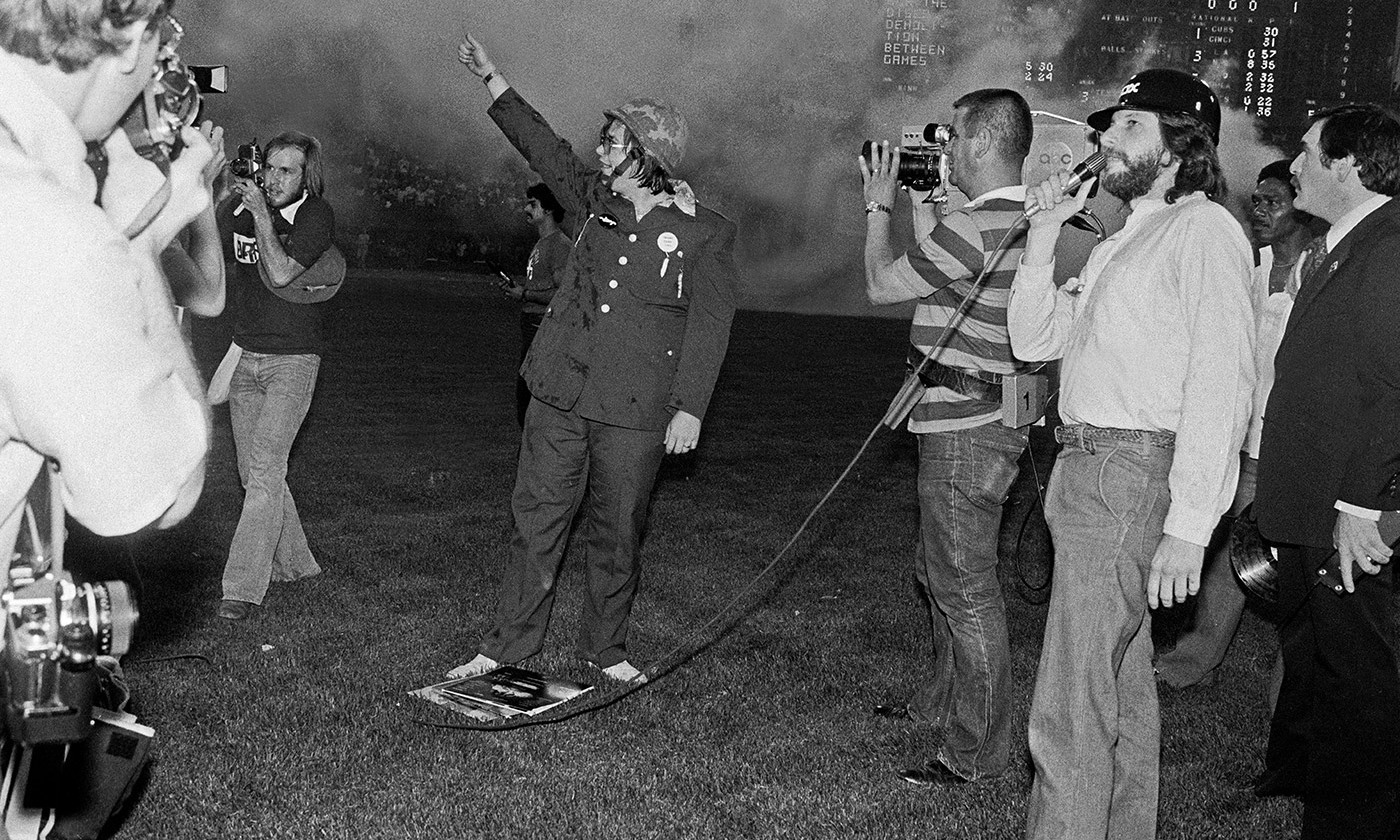New York
Racism’s Shadow On Popular Music: The War On Disco

Racism’s Shadow On Popular Music: The War On Disco, The 1970s disco movement transformed music and empowered and expressed Black people. In the disco period, Black musicians like Gloria Gaynor and Linda Clifford helped shape its throbbing rhythms and rich cultural tapestry. Though innovative, the disco movement was not immune to society’s deep-seated prejudice.
The 1979 Disco Demolition Night highlights racial tensions and biases. What started as a protest against disco music became a chaotic situation, with primarily white individuals acting out and being racist. This event highlighted the struggles Black musicians and other oppressed populations experience in being accepted in the music business.
However, disco influenced many musical genres. It affected the growth of house music and current electronic dance music. Disco’s cultural contributions have promoted diversity and inclusiveness in the music business despite its struggles. Black and other oppressed communities in popular music continue to represent disco’s legacy via their tenacity and innovation.
The War On Disco: Promoting Black Liberation And Expression Via Disco
Since the 1970s, disco has been a forum for underprivileged populations, notably Black people, to express themselves and gain freedom. Gloria Gaynor and Linda Clifford, two Black female musicians, helped shape disco’s rhythms. LGBTQ+ DJs Barry Lederer and Richie Rivera also shaped disco. It created a secure and inclusive place for people of all races, genders, and sexual orientations, empowering marginalized groups.
Read Also: NYC Racial Equity Chair Just Appointed Has History Of Antisemitic Posts: ‘From River To Sea.’
Racism In Disco Demolition Night
The Disco Demolition Night of July 1979 exposed society’s racism and homophobia. The action was supposed to symbolize disco record destruction, but predominantly young white guys swarmed the field, causing mayhem and violence. The event showed how much some people hate disco’s welcoming and varied culture. Some event attendees may deny racial intentions, but the historical backdrop and cultural milieu imply that racial tensions and biases contributed to disco movement enmity.
The Legacy Of Disco: Promoting Music Diversity
The reaction killed disco’s widespread success, but its legacy lives on in modern music. Disco’s colorful and varied attitude influenced house music and EDM. In current dance music, disco’s throbbing rhythms and various representations remind us of the genre’s enormous effect on music and society. While disco’s popularity declined, its impact on music industry diversity and inclusion continued, creating a more welcoming and diversified musical scene.
Disco’s Black Community Empowerment
In the 1970s, disco gave Black people a voice. Black musicians like Gloria Gaynor and Linda Clifford influenced Disco’s vivid rhythms. Additionally, Black artists and vocalists helped define disco’s cultural environment, providing inclusiveness and representation for a minority population in popular music. Disco’s growth and popularity showed Black musicians’ perseverance and ingenuity, showcasing their contributions to mainstream music.
Racial Influence On Disco
The disco movement struggled owing to racism despite its breakthrough influence on music and culture. The 1979 Disco Demolition Night illustrates racial tensions and biases. The first protest against disco music swiftly descended into chaos, with primarily white individuals indulging in violent and racially heated conduct. This event revealed the deep-seated racial hostility some had against disco culture’s inclusivity and diversity. The disco backlash highlighted the struggles Black musicians and underprivileged groups experience in the music business.
Disco’s Lasting Impact On Diverse Music
Disco’s popularity declined in the late 1970s, but its impact shaped many musical genres. House and modern electronic dance music (EDM) sprang from disco’s energetic and inclusive ethos. Disco’s cultural contributions have promoted diversity and inclusiveness in the music business despite its struggles. Disco’s impact on popular music has made it more varied and welcoming, demonstrating the tenacity and inventiveness of the Black community and other disadvantaged groups.
Black Musical Empowerment And Representation Via Disco
Black performers helped shape disco’s throbbing rhythms in the 1970s. Gloria Gaynor and Linda Clifford helped make disco an unforgettable sound and represented Black musical liberation. Their pioneering role in disco showcased the genre’s ethnic variety and gave Black artists a voice in a white-dominated music industry.
Disco Demolition Night’s Racism: A Dangerous Sign
Disco was welcoming and jubilant, yet racism crept into the movement, culminating in 1979’s Disco Demolition Night. An alleged protest against disco music swiftly descended into chaos, illustrating the era’s racial tensions. White participants’ domination in the event’s disruptive and racially charged conduct highlighted the music industry’s and society’s deep-seated biases and resentment against underprivileged populations, notably Black people.
Disco’s Legacy: Black Musical Resilience And Cultural Evolution
Even though disco was racially hated, its impact remained in following musical trends. The rise of house and EDM, channel disco’s enthusiasm and inclusion, shows its significant effect. Disko’s legacy lives on in the Black community’s perseverance and innovation in popular music, inspiring and empowering future Black artists and musicians.












You must be logged in to post a comment Login